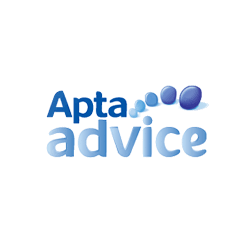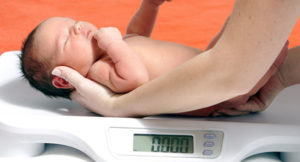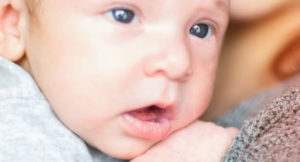Eating for health & energy
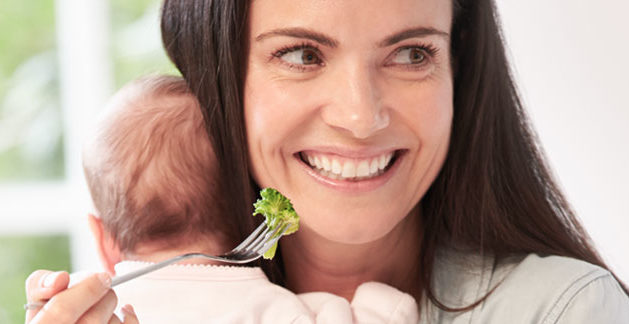
The first few weeks after birth can be thrilling, yet overwhelming, both emotionally and physically. Your baby is completely dependent on you. So it’s more important than ever to take care of yourself and rebuild your strength.
As a new mum, you need to look after yourself properly. Having a new baby can be very exhausting so it’s important you get plenty of nourishment and a healthy balanced diet to keep your energy levels topped up. If you have any questions about your diet, just get in contact.
How many extra calories do you need when breastfeeding?
Research has shown that in the first three months of breastfeeding, mothers of fully breastfed babies produce around 800 ml of milk a day. That’s a lot of work for your body, so it’s no wonder that this milk production uses up around 500 kcals a day. Therefore, it’s important to eat regularly and have plenty of healthy snacks to keep your energy levels up.
Eating well for you and your baby
If you are breastfeeding, the energy and nutrients you take in will be used by your body in your breast milk, to provide your baby with all the nourishment they need. However, even if you don’t breastfeed, it’s important to eat a healthy, balanced diet to keep you fit and well as you run around looking after your new baby.
It’s not advisable to either diet or limit the variety of foods you eat while breastfeeding, as this could have an impact on the amount of important nutrients your baby takes in.

Keeping to a healthy diet
It’s not just the amount you eat, but what you eat. Many mums find their iron stores run low when they have young babies so make sure you eat plenty of iron rich foods, such as red meat or dark, leafy green vegetables.
It’s also important to ensure you eat plenty of whole grains, cereals, fresh fruits and other vegetables. And try to get plenty of protein (such as meat, pulses and eggs) and calcium (such as milk, cheese and yogurts) too. Eating healthily will give you and your baby the energy you both need. And of course you can still have the odd treat!
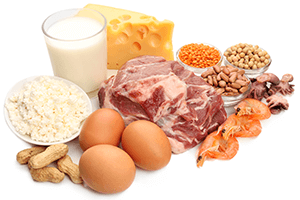
Related Articles
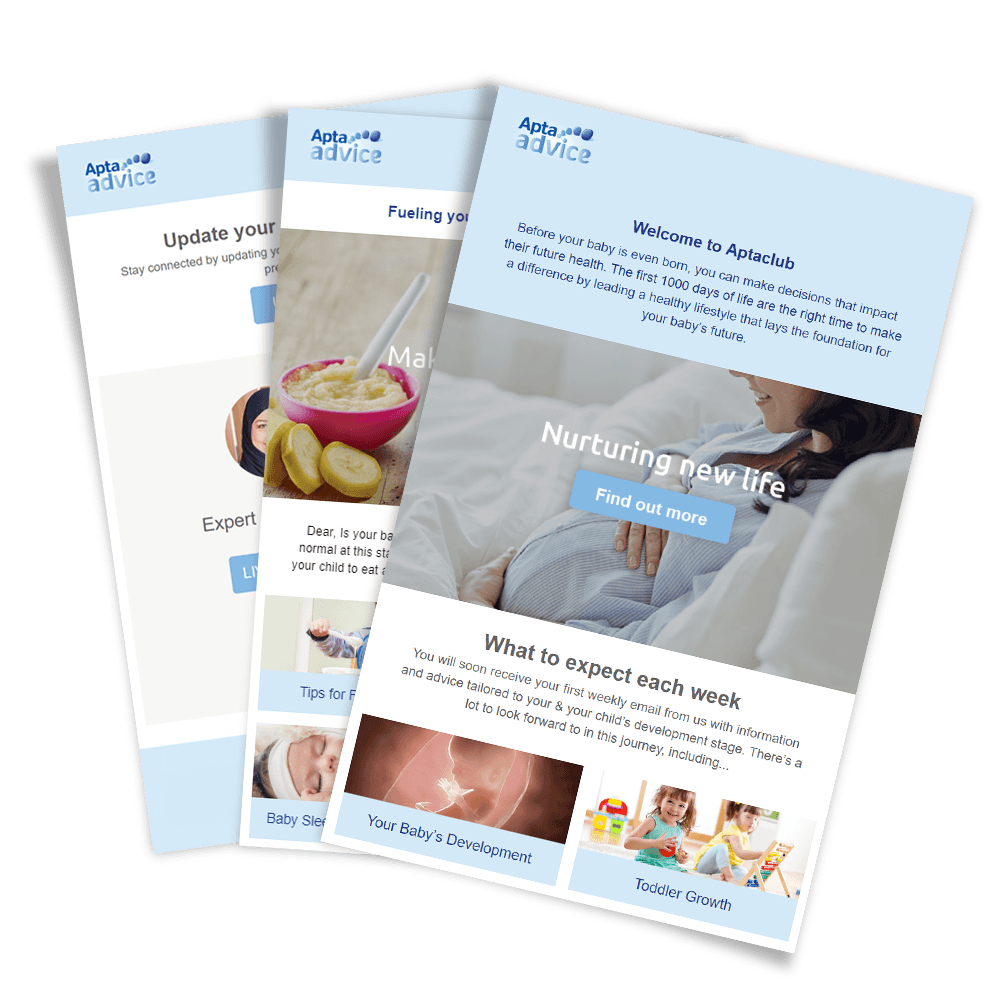
Join Aptaclub
Get week-by-week updates on your baby’s development and your pregnancy. Receive expert advice, postal packs for your stage and much more

Know your baby’s
due date
When was the first day of your last
menstrual period?
Know your baby’s
due date
RESULT Estimated due date (40 week full term)
Need advice?
Our team of experts is ready to answer your questions and support you on your journey from pregnancy to toddler hood. For more information and relevant advice, please contact us between 9am-6pm from Sunday to Friday.
